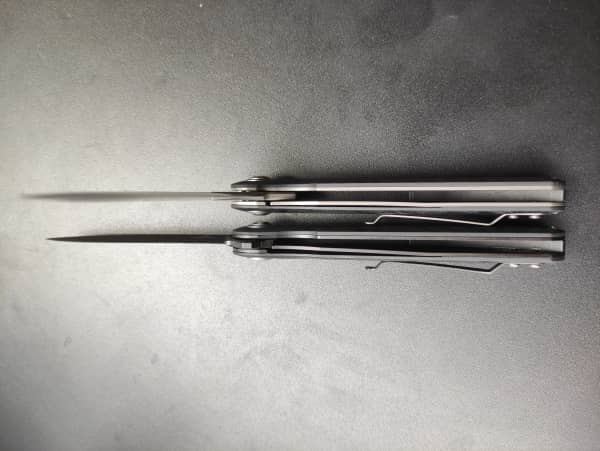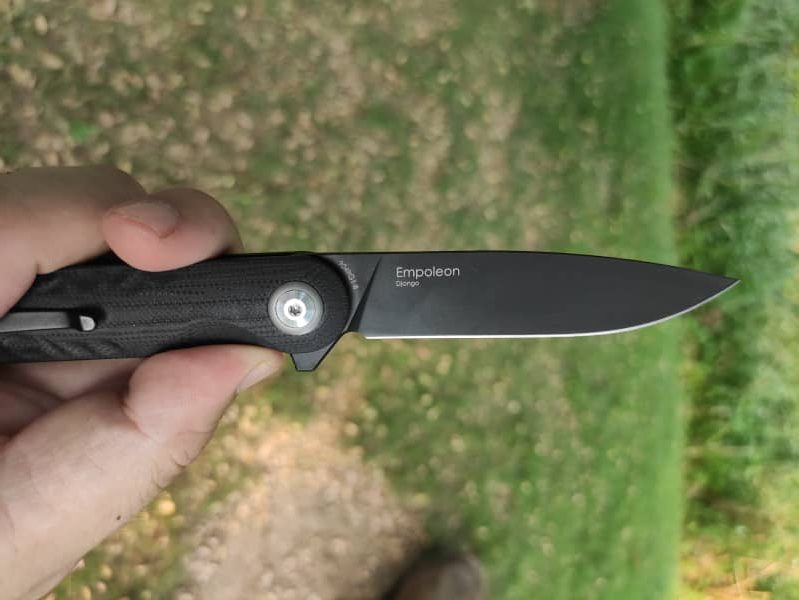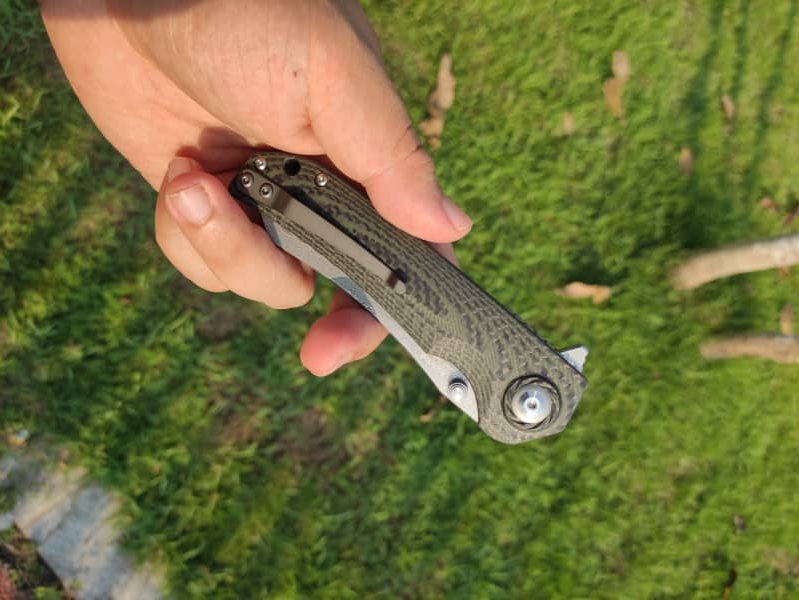Handy as they may be, folding knives are classified as weapons in many places around the world and having prior knowledge of the knife laws of the place you plan to visit will save you a lot of pain. There’s a good reason for these laws since a lot of crimes are committed by people who use походные ножи.
Folding knives are particularly very easy to conceal and carry around. We are going to look at some of the rules and regulations that govern the possession and use of folding knives in most places around the globe. If you plan to travel with your knife, then stick around to the end to know the places to avoid and the rules to adhere to.
Common Knife Laws Around the Globe
Every country has its own laws that govern how knives are used or carried around. The laws range from strict to non-existed in some places. Some of the most notable folding knife laws that are worth your attention include the following.
Austria
In Austria, you are not allowed to conceal knives as something else. For example, disguising a knife like a pen, belt buckle, or brush handle will get you into serious trouble if caught. However, there are no restrictions if you declare that you have a knife on you. You are free to carry any blade length or a folding knife that has any type of closing and opening mechanism.
Belgium
Belgium has a stricter policy for knives, and it has classified any automatic blade, switchblade, butterfly knives, throwing knives, or any other cutting tool that has the potential to be used as a weapon. At the same time, the police have full authority to search and apprehend anyone who may be suspected of having anything resembling the appearance of a knife. Anyone carrying a knife is required to provide a good reason for it, especially if they are caught in a public space.
Canada
In Canada, you are free to carry several types of knives as long as they are sheathed and covered if they are fixed knives or tucked inside safely into their handles if they are pocket knives. However, there’s a catch; the folding knives have to need two hands to open them. Anyone found to be carrying a knife for self-defense purposes is required to report to the nearest police station to declare possession of the knife.
China
China didn’t have any particular laws that prohibited the carrying of guns, but as the country was preparing to host the Olympics in 2008, a few laws were formulated to help protect visitors from any knife-related attack. Anyone carrying a defensive blade is required to register with the government when purchasing the knife, and all are limited to knives that have blades measuring between 8.7-inches to 5.9-inches with a point angle of fewer than 60 degrees.
Denmark
You can own any kind of folding knife or fixed-blade knife as long as the blade is not longer than 4.7-inches. Any blade that is bigger than this will require the owner to provide a good reason for why they are in possession of it. Folding knives that can be opened with one hand are illegal, and that extends over to switchblades and automatic knives as they are considered to be dangerous weapons. Throwing knives is also prohibited unless you get the express permission of the law enforcement body.
Франция
In France, a knife blade of any length or a folding knife that has a locking system is categorized into a group called D, which are unregulated weapons. To own a knife, one must be above 18 years, and they must have a good reason for carrying it around their person in public. If you happen to carry the knife in your vehicle, you must secure them in a compartment that is not accessible to the other occupants of the car.
Germany
In Germany, knives are categorized into three groups.
- Prohibited knives
- Thrusting knives
- Other knives
Carrying of knives in public is prohibited unless you have a good reason for it which has to be demonstrated to any law enforcement officer who happens to inquire about it. Knife owners must also be over 18 years, but they still need to have a good reason or a permit to carry the knife around with them.
Greece
People are not allowed to carry any kind of knife in public for attack or for defense. But the illegality is not based on the type of knife but the intended use. This means that in practice, owning any kind of knife is okay, as long as you don’t go around brandishing it with you. There are also some specific places where people are not allowed to carry knives, and this includes schools, hospitals, courtrooms, football matches, and other crowded places.
Япония
Japan is known for its rich blade culture, having been the origin of swords and other highly prized knives like the Tanto blades. However, you still need permission from authorities to carry the knife around, and this applies to any blade that is over 6cm or a spear that’s above 15cm. However, the punishment for carrying a knife in Japan is not that severe, with most lacking prison time. But in the event that the knife is used to assault another person, then you may serve up to 2 years in prison or a fine of over 300,000 Yen.
Заключение
At the end of the day, knives are either tools or weapons, and this is determined by the intended use. People have been hurt by knives, and there’s a good reason why many places take it upon themselves to create laws that regulate how people carry and use them. For more information on knives, check out our website (Shieldon – кастомизация ножа ) в любое время суток.
Вы также можете следить за нами следующими способами:
https://www.facebook.com/ShieldonCutlery
https://www.instagram.com/shieldon_knives_and_tools/
https://www.youtube.com/channel/UC_Dz–HODWHFY4AaUF0z11Q
https://twitter.com/Shieldonknives1/
https://shieldonknivesandtools.tumblr.com/
https://www.linkedin.com/company/72285346/
https://www.pinterest.com/shieldonknivesandtools/
Больше видео-вступлений:







